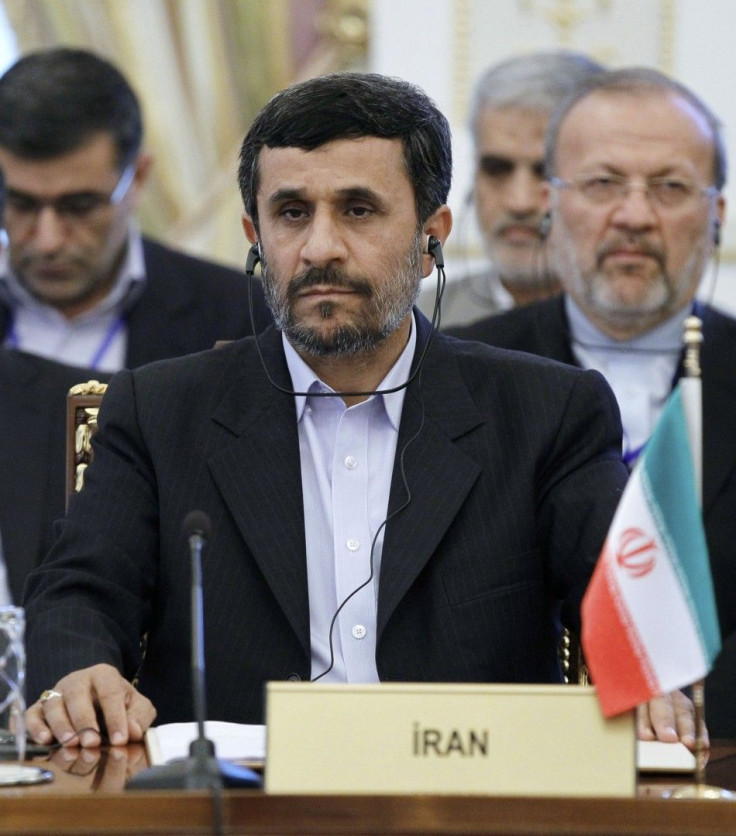U.S. Senator Calls for Naval Blockade of Iran

In a bid to pressurize Iran into giving up its nuclear weapons ambitions, the Chairman of the U.S. Senate Armed Services Committee said a naval blockade of Iranian oil exports should precede a U.S.-Israel joint military action against the Islamic nation.
That's, I think, one option that needs to be considered to coerce Iran to put an end to its alleged clandestine nuclear arms program in line with UN Security Council resolutions, Democratic Senator Carl Levin said, Friday in an interview for C-SPAN's Newsmakers show.
Since Iran is OPEC's second-largest oil producer and the world's third-largest petroleum exporter, any such blockade on Iranian oil exports should be preceded by strategies for alternative oil supplies to avoid sudden price hikes on world crude oil markets, Levin said, responding to a question about ways to mount pressure on Tehran.
I think (these are) options that whoever is willing to participate should explore, including Israel and including the United States, Levin said.
International community and the Obama administration are hoping that the widespread consensus on substantial sanctions and unilateral penalties will force Iranian President Mahmoud Ahmadinejad to back away from building nukes.
Israeli Premier Benjamin Netanyahu has already made it clear that the Jewish state considers nuclear Iran an existential threat and that it is strategizing ways for a pre-emptive military strike on Tehran.
Levin suggested that Iran, already reeling under stifling inflation and growing isolation, will be forced to forgo its nuclear program when the oil purchase embargo by the European Union takes effect in July.
'Not because it doesn't want a nuke - I think it does - but because the price that it's going to have to pay' in terms of isolation would be too high, said Levin.
However, the Senate Armed Services Committee, in a February hearing about the existing hostilities between the U.S. and Iran, had expressed concerns over Tehran's technological, industrial and scientific advances which gave them certain advantages over Israel and the U.S. in the Middle East and the Strait of Hormuz.
According to the American intelligence officials, it is unlikely that Iran will start military action against the U.S. However, if the U.S. decides to launch military action, Iran will not hesitate and the consequences can be catastrophic, Defense Intelligence Agency Director Lieutenant General Ronald Burgess said in the briefing.
Iran can close the Strait of Hormuz at least temporarily, and may launch missiles against United States forces and our allies in the region if it is attacked, Burgess said during the briefing. Iran today has the technical, scientific and industrial capability to eventually produce nuclear weapons. While international pressure against Iran has increased, including through sanctions, we assess that Tehran is not close to agreeing to abandon its nuclear program
© Copyright IBTimes 2025. All rights reserved.





















